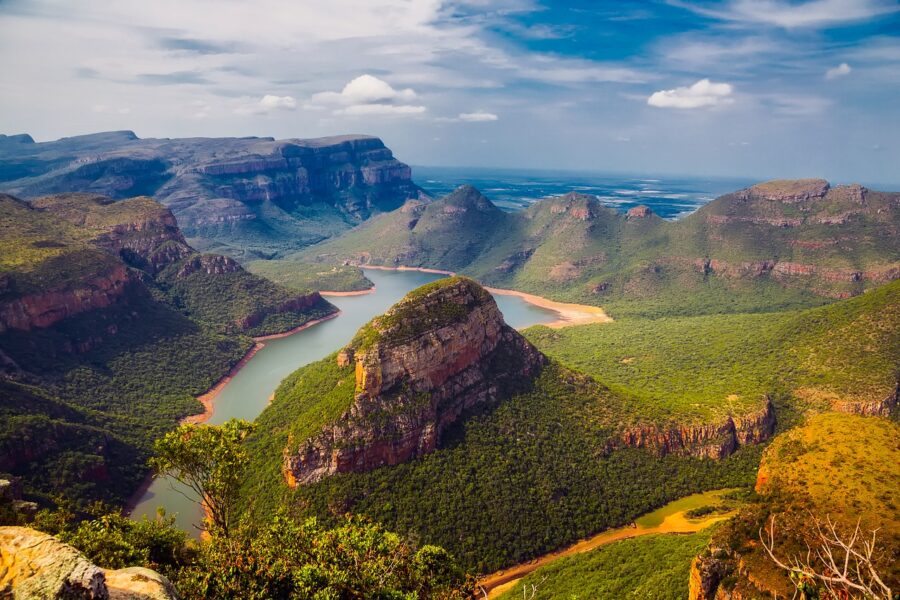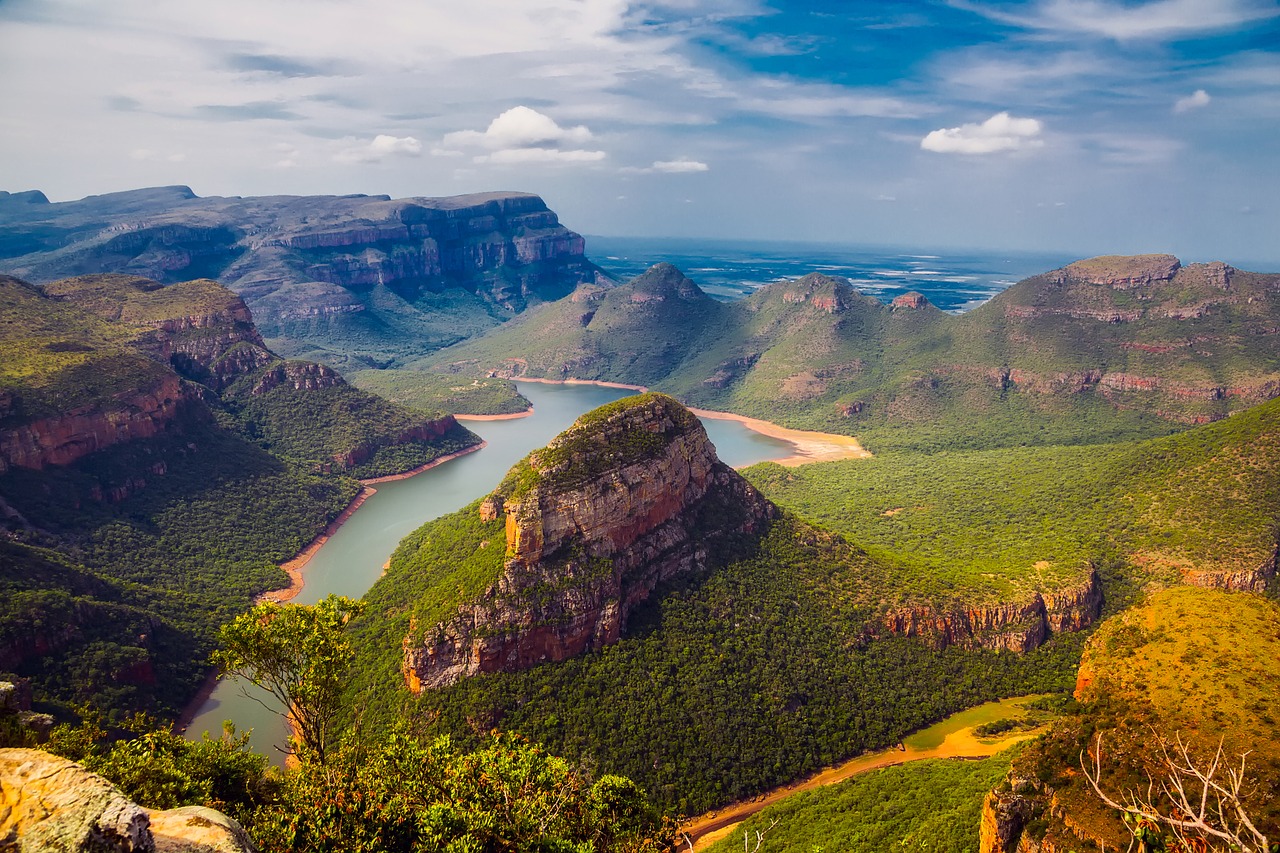
I Am An African Poem by Thabo Mbeki, Former South African President VIDEO
There’s no video that sums up the beauty, history and diversity of the majestic African continent better than former South African President Thabo Mbeki’s speech poem of ‘I am an African’. Mbeki delivered this speech in Cape Town on 8 May 1996, on the passing of the new Constitution of South Africa. At the time he […]

There’s no video that sums up the beauty, history and diversity of the majestic African continent better than former South African President Thabo Mbeki’s speech poem of ‘I am an African’.
Mbeki delivered this speech in Cape Town on 8 May 1996, on the passing of the new Constitution of South Africa. At the time he was deputy president of South Africa (before becoming president in 1999). Watch here (plus transcript below).
“I Am An African” Poem by Thabo Mbeki, former President of South Africa
If you love South Africa, get your fix of local TV series and movies from Showmax International! Subscribe now and get 14 Days FREE. (If you’re in SA, you can also stream the latest international TV series and movies.)
I am an African – by Thabo Mbeki
I owe my being to the hills and the valleys, the mountains and the glades,
the rivers, the deserts, the trees, the flowers, the seas
and the ever-changing seasons that define the face of our native land.
My body has frozen in our frosts and in our latter day snows.
It has thawed in the warmth of our sunshine
and melted in the heat of the midday sun.
The crack and the rumble of the summer thunders,
lashed by startling lightening,
have been a cause both of trembling and of hope.
The fragrances of nature have been as pleasant to us
as the sight of the wild blooms of the citizens of the veld.
The dramatic shapes of the Drakensberg,
the soil-coloured waters of the Lekoa, iGqili noThukela,
and the sands of the Kgalagadi, have all been panels
of the set on the natural stage on which we act out
the foolish deeds of the theatre of our day.
At times, and in fear, I have wondered
whether I should concede equal citizenship of our country
to the leopard and the lion, the elephant and the springbok, the hyena,
the black mamba and the pestilential mosquito.
A human presence among all these,
a feature on the face of our native land thus defined,
I know that none dare challenge me when I say –
I am an African!
I owe my being to the Khoi and the San
whose desolate souls haunt the great expanses of the beautiful Cape –
they who fell victim to the most merciless genocide
our native land has ever seen, they who were the first
to lose their lives in the struggle to defend our freedom and dependence
and they who, as a people, perished in the result.
Today, as a country, we keep an audible silence about these ancestors
of the generations that live, fearful to admit the horror of a former deed,
seeking to obliterate from our memories a cruel occurrence which,
in its remembering, should teach us not and never to be inhuman again.
I am formed of the migrants who left Europe to find a new home
on our native land.
Whatever their own actions, they remain still, part of me.
In my veins courses the blood of the Malay slaves
who came from the East. Their proud dignity informs my bearing,
their culture a part of my essence. The stripes they bore on their bodies
from the lash of the slave master
are a reminder embossed on my consciousness of what should not be done.
I am the grandchild of the warrior men and women
that Hintsa and Sekhukhune led,
the patriots that Cetshwayo and Mphephu took to battle,
the soldiers Moshoeshoe and Ngungunyane taught
never to dishonour the cause of freedom.
My mind and my knowledge of myself is formed
by the victories that are the jewels in our African crown,
the victories we earned from Isandhlwana to Khartoum,
as Ethiopians and as the Ashanti of Ghana,
as the Berbers of the desert.
I am the grandchild who lays fresh flowers
on the Boer graves at St Helena and the Bahamas,
who sees in the mind’s eye and suffers the suffering
of a simple peasant folk, death, concentration camps,
destroyed homesteads, a dream in ruins.
I am the child of Nongqause. I am he who made it possible
to trade in the world markets in diamonds, in gold,
in the same food for which my stomach yearns.
I come of those who were transported from India and China,
whose being resided in the fact, solely,
that they were able to provide physical labour,
who taught me that we could both be at home and be foreign,
who taught me that human existence itself demanded
that freedom was a necessary condition for that human existence.
Being part of all these people,
and in the knowledge that none dare contest that assertion,
I shall claim that –
I am an African.
Today it feels good to be an African